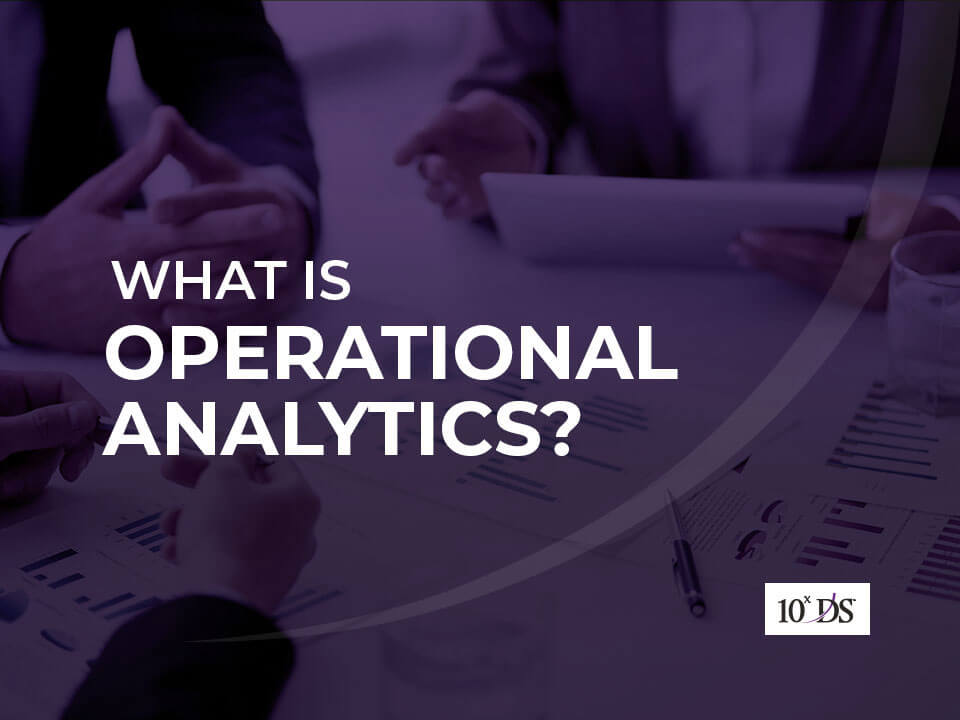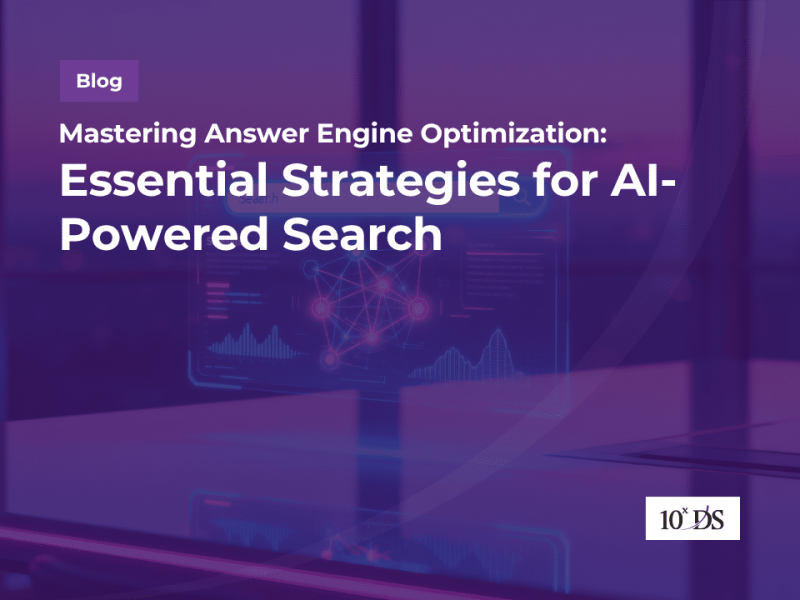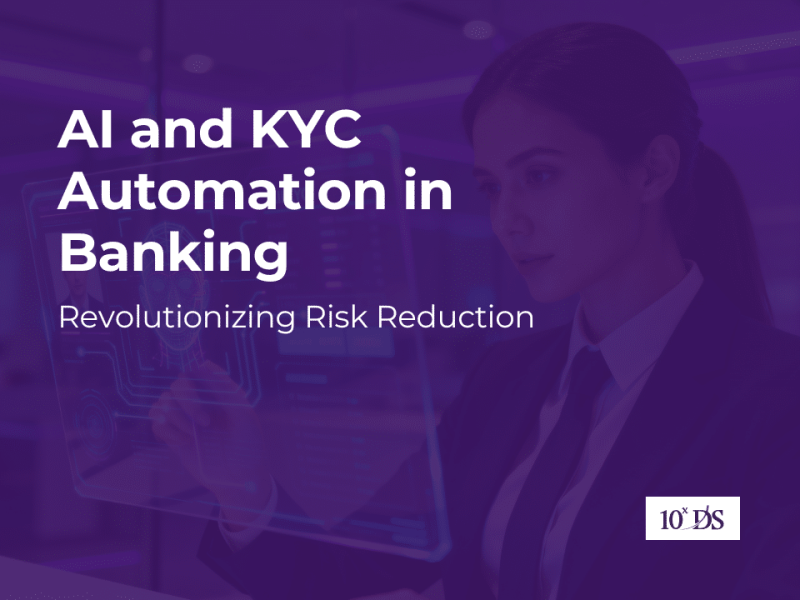
How Operational Analytics can help Streamline Operations and enhance bottom line
What is Operational Analytics?
Operational analytics refers to the category of business analytics that focuses on measuring the existing and real-time operations of the business. It uses data analysis and business intelligence to improve efficiency and streamline everyday operations in real-time. With the support of data mining, artificial intelligence and machine learning, operational analytics provides businesses better transparency thereby helping them to make better decisions.
In today’s business context, it is imperative that businesses access real-time data with total transparency into customer behaviour and business processes so that the business owners can monitor their day-to-day Operations basis which they can take the necessary actions to improve customer satisfaction and bottom line.
Benefits of Operational Analytics
The following are the reasons why businesses are increasingly investing in operational analytics:
1. Expedites Decision Making
Businesses that analyse and react to customer data in real-time can make faster decisions. In the traditional way of working, Businesses would be aware of any glaring issues in their operations only based on a quarterly or annual data and by the time they make changes reactively to their operations, there is always a chance that they might not be able to attend these issues on time.
On the other hand, Businesses that embrace operational analytics, can make the necessary adjustments to processes and workflows in real-time or close to it and are therefore better equipped to increase profitability and reduce waste. This would also help them to detect and respond to problems and inefficiencies quickly.
2. Improved Customer Experiences
Businesses that employ operational analytics can provide improved customer experience as they can react to business situations in real-time. For eg., an Air Travel Portal which uses operational analytics finds that users are mostly using separate transactions to book onward and return journeys despite being offered a discount to book both the journeys in a single transaction. The Company which owns the Portal with the help of the operational analytics data finds that there is a bug in the software when the user selects both the journeys as a part of the single transaction causing the discount not to be offered. The bug is resolved quickly, and the Portal does not lose customers who could have possibly availed a different Travel Portal to book their tickets.
3. Increased Productivity
Operational analytics help businesses streamline their operations by enabling them to see inefficiencies in their processes and make the necessary changes. For example, a business based on the operational analytics data it has generated realized that the process of approving an invoice for payment is tedious and requires too many approvals which are impacting their SLAs. This data might prompt the business to rethink differently with an optimum number of approvals and streamline the process which eventually will reduce the turnaround time for the process.
Use cases for Operational Analytics in the Business world
Following are some of the common operational analytics use cases:
1. Banks use Operational Analytics to provide suitable Products
Banks leverage operational analytics to categorize customers based on their usage, credit risk and other parameters. This data is then used to provide suitable products to the Customer based on the category.
2. Operational Analytics is used for Preventive Maintenance in Manufacturing
Manufacturing companies use operational analytics to activate preventive maintenance of machines, machine parts, etc. to identify potential problems before they occur. With this data, the manufacturer can be alerted that service is required.
3. Operational Analytics in Supply Chain Management
For businesses which are not digitally integrated, if the Supplier is not able to deliver the goods agreed on a particular day would entail administrative efforts from all involved including Supplier, Planner, staff in charge of goods receipt, ERP system, etc. The reason for this additional manual work is the lack of proper analysis of the consumption, stock, and Supply situation. Implementation of operational analytics in Supply Chain provides employees with well-structured dashboards containing critical information which they can analyse and quickly agree with the Supplier on a supplemental delivery.
4. Operational Analytics in Marketing
A marketing manager or any other person well-versed in using data systems can run multiple experiments at once using operational analytics, gather results from experiments in the form of data, terminate the ineffective experiments and nurture the ones that work, all using data-based software systems. The more experiments they can run and the quicker the turnaround times of results, the better their effectiveness in marketing their product.
5. Operational Analytics helping Product Manager make a product better
A product manager looks at product-usage logs provided by operational analytics to determine which features of the product are liked by its users, which features slow them down, and which features are disliked by its users. The product manager can then find the necessary answers by querying data that records usage patterns from the product’s user base and feed this information back to make the product better.
6. Warehouse Operations Analytics for optimizing logistics
Optimizing warehouse processes and workflows is of utmost importance because of the changing consumer preferences and expectation on lightning-fast delivery. That’s where Warehouse Operations Analytics comes handy. It involves the systematic analysis of data pertaining to inventory management, order fulfilment, labour productivity, equipment utilization, and more within the warehouse environment. Data from warehouse management systems, IoT sensors, and other sources are used for analysis. By leveraging advanced data analysis techniques, businesses can uncover actionable insights to enhance performance and drive continuous improvement.
Selecting the Right Operational Analytics Tool
Choosing the appropriate operational analytics tool is critical for harnessing the full potential of operations analytics. Here are key considerations:
- Scalability: Ensure the chosen tool can handle the volume and variety of warehouse data, allowing for scalability as the business grows.
- Integration Capabilities: Look for tools that seamlessly integrate with existing warehouse management systems and data sources to facilitate data aggregation and analysis.
- Customization: Opt for a tool that offers customizable dashboards and reports tailored to specific business requirements and key performance indicators (KPIs).
- Predictive Analytics: Consider tools with predictive analytics capabilities to enable proactive decision-making based on future trends and scenarios, enhancing operational agility and responsiveness.
Conclusion
Operational analytics relies on high-quality data from different sources and analytics solutions need to leverage advanced emerging technologies capable of integrating data or delivering real-time insights. 10xDS Analytical platform has the capability to aggregate data from multiple data streams, from data warehouses, data lakes, CRM systems and social media activities into a cumulative, organized, actionable solution capable of delivering predictive analytical models in real-time to create individual customer profiles and a holistic view of operations for a business.
10xDS provides Businesses with an analytics solution that delivers accurate, real-time insights that assist companies in making data-driven decisions and taking immediate action to improve operations and deliver personalized customer interactions. The solution further helps the businesses to unlock the data and gain real-time visibility and transparency of their Operations.
If you are looking for help to develop the next generation customer data platform and advanced operational analytics platform which can help in transforming your business, talk to our experts.


